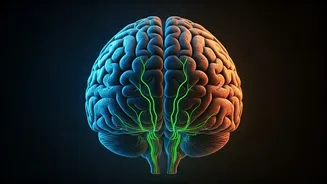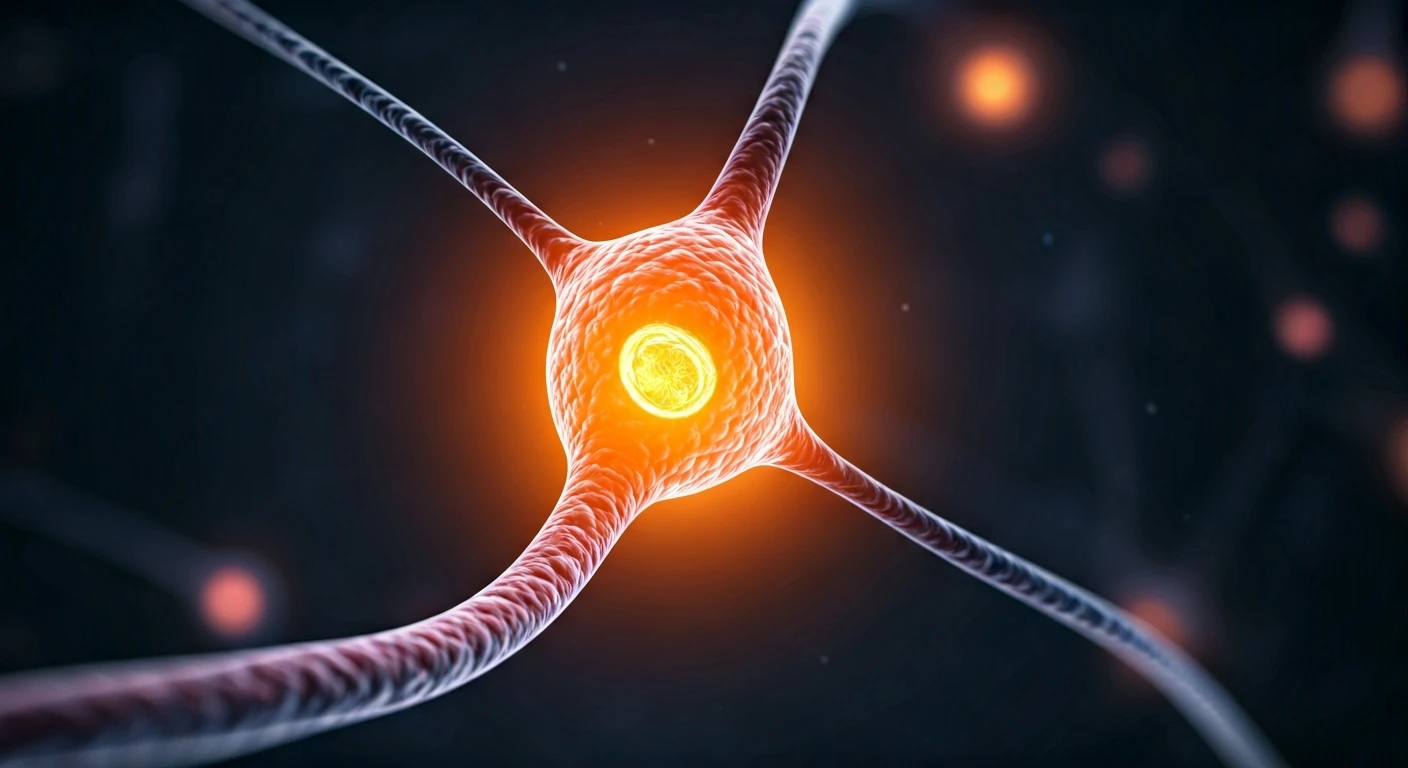Early Diagnosis: Different Roots
The findings suggest that the biological processes underpinning autism diagnoses can vary significantly based on when the diagnosis occurs. Research indicates
a difference in the origins for those identified early compared to those diagnosed later. This groundbreaking study highlights the heterogeneity of autism, underscoring the need for a nuanced understanding. These revelations are expected to have considerable implications for future diagnostic practices and intervention strategies, aiming for more tailored support for each individual's unique situation. Researchers believe that this enhanced understanding of the condition's complexities can offer promising prospects for more precise treatments.
Biological Pathway Insights
The distinct pathways identified in this study are vital because they suggest that interventions could be designed to target the specific mechanisms at play in each case. The study's implications extend beyond mere diagnosis, opening up the possibility of developing therapies aimed at the specific biological challenges faced by individuals diagnosed at different stages of life. The research emphasizes that early and late diagnoses are not monolithic categories but rather represent diverse expressions of autism. Understanding these differences can aid in developing more effective and personalized treatment approaches. This new information can facilitate a move from a one-size-fits-all approach toward treatments that are sensitive to the timing of diagnosis and the underlying biological mechanisms.
Personalized Intervention Benefits
This research emphasizes the importance of personalized interventions. Tailoring support to fit the timing of the diagnosis can lead to more effective outcomes. The study encourages a shift toward individualized support strategies. This shift could mean better outcomes for people with autism. The emphasis on individualized care stems from the recognition that a one-size-fits-all approach is unlikely to be the most effective. Therefore, future intervention programs should consider the unique biological factors and life experiences associated with the time of diagnosis. Such an approach acknowledges that different individuals may benefit from diverse support modalities. This research offers valuable insights that can contribute to improved quality of life for those with autism.





















